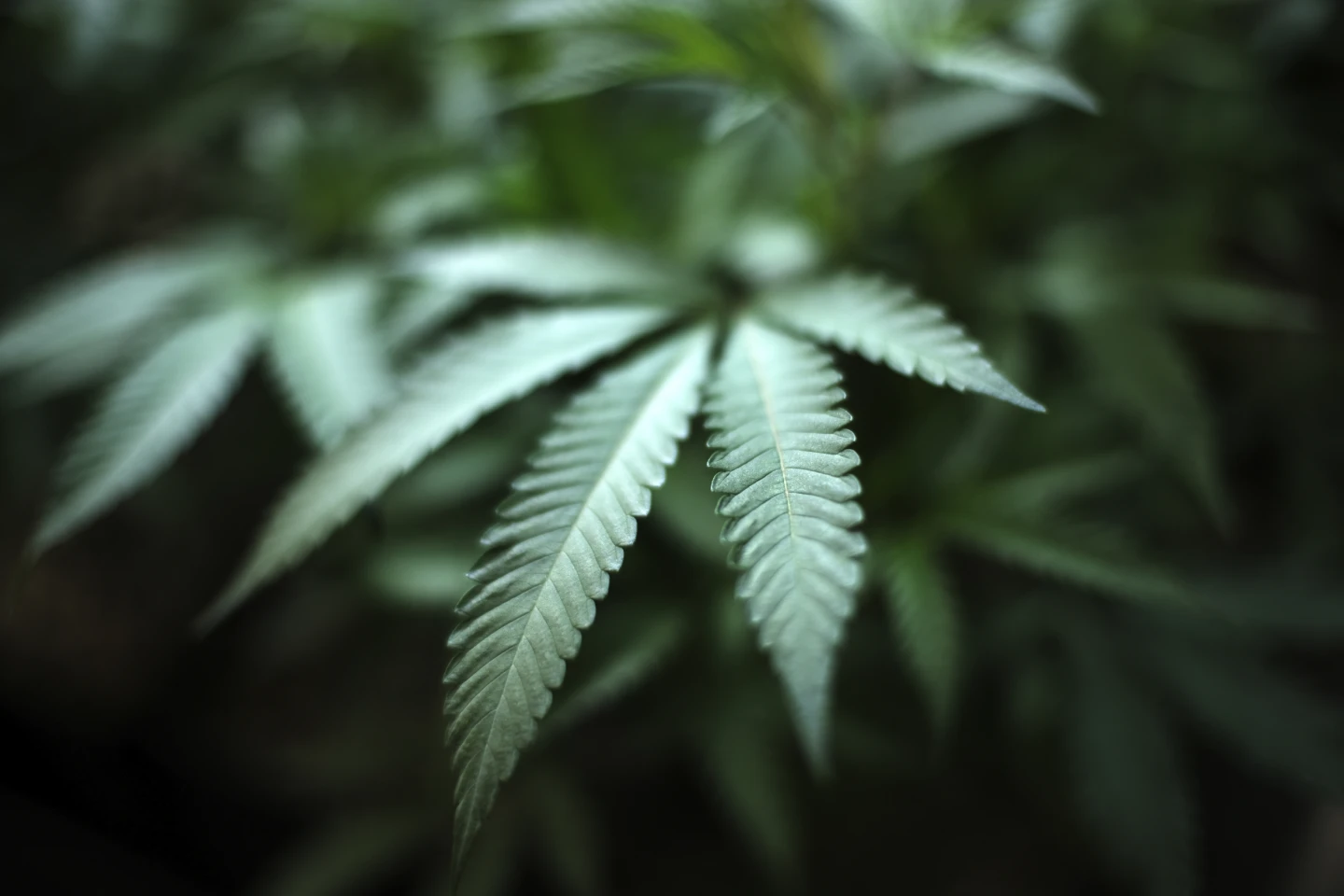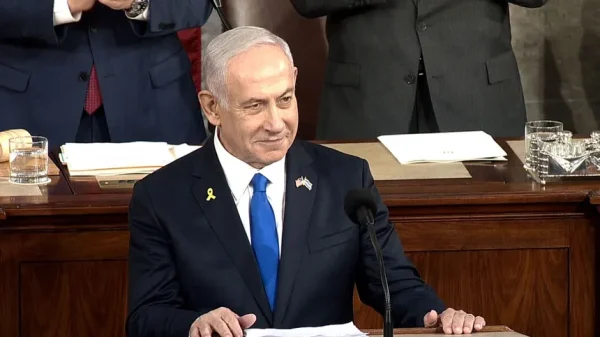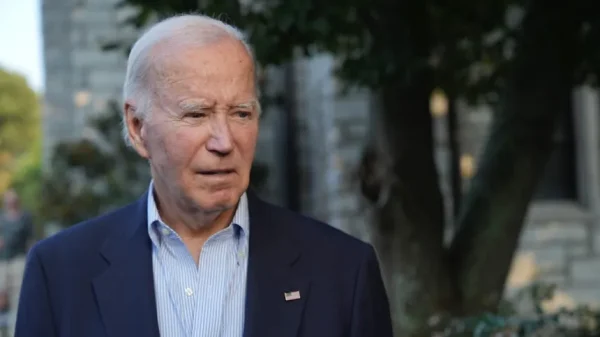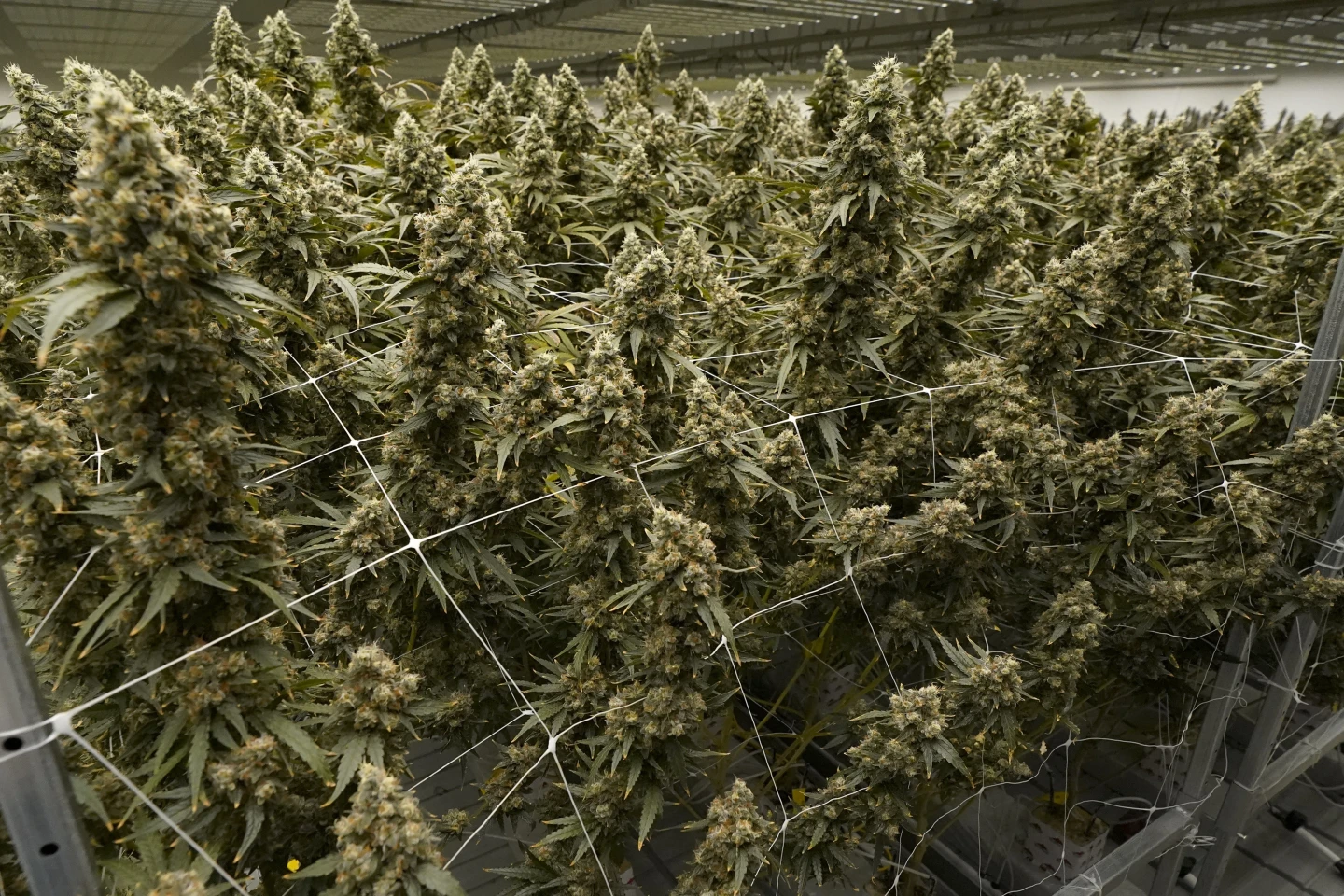As the U.S. government considers reclassifying marijuana to a less risky drug category, it might not immediately affect the dozen states that haven’t legalized cannabis widely for medical or recreational use.
However, proponents of marijuana legalization believe that a federal shift in regulations could eventually sway state policymakers who have been hesitant about supporting cannabis.
Matthew Schweich, executive director of the Marijuana Policy Project, noted that many legislators express reluctance due to federal illegality but might reconsider if federal restrictions ease. Although reclassification wouldn’t legalize marijuana outright, Schweich sees it as a significant federal change that could reduce hesitation among state lawmakers.

Cannabis plant (Iris Wiese/Shutterstock)
The U.S. Drug Enforcement Administration’s proposal would move marijuana from Schedule I, alongside heroin and LSD, to Schedule III, a category with fewer restrictions that includes ketamine and certain steroids used medically. While this change could support medical uses, it faces a lengthy regulatory process likely extending past the next presidential election.
In the meantime, advocates see potential for the federal proposal to bolster arguments for ballot measures seeking marijuana legalization.
For instance, Florida voters will decide on recreational cannabis this November through a constitutional amendment. Similar public votes are anticipated in states like South Dakota, where supporters aim to legalize recreational marijuana after two previous unsuccessful attempts.

























